With the world becoming more aware of the cruelties committed against wild animals like rabbits, foxes, and mink, a new approach towards a fur-free world is looming on the horizon.
Animals farmed for their fur live under severe conditions like cramped cages, and they aren’t even allowed to engage in natural behaviors. In other areas, leghold traps are placed to catch fur-producing animals, but these traps end up killing non-target animals.
This new concern for animal welfare has prompted several states, countries, and brands to ban fur farming for good. Among these countries are Serbia, Slovakia, and Norway. Some brands like Macy’s Inc., Burberry, Chanel, Diane von Furstenberg, and Gucci have adopted fur-free policies.
1. Macy’s Inc.
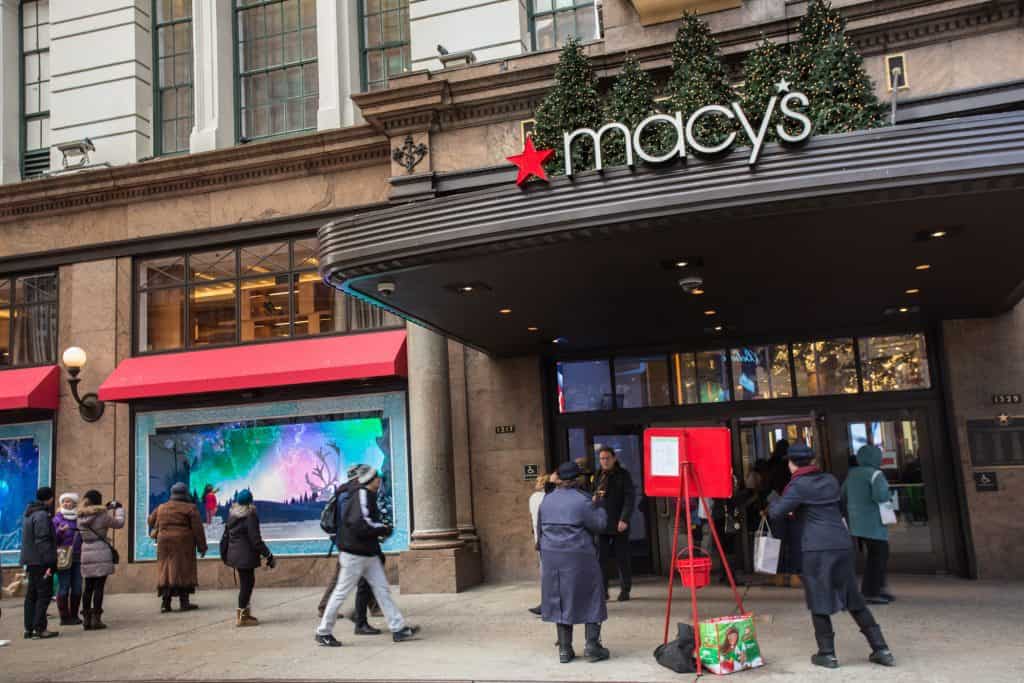
Macy’s is one of the retailers that declared its intention to go fur-free by the end of 2020. The brand also includes Bloomingdales and Macy’s Backstage; all will end the sale of fur products in their shops.
The company has stated that the decision was made after years of consultation with their Go Green Employee Resource Group as well as several meetings with other bodies and organizations that advocate for a cruelty-free life.
Macy is just one example of what companies rightfully do when they listen to their customers and take their concerns into consideration. Other alternatives for fur have been put forward to further abolish the unfair conditions that animals are subjected to for their fur.
However, it’s worth mentioning that some of Macy’s private-label brands were fur-free already, and now the whole company is also fur-free.
What Macy’s have promised in exchange is to continue to provide the usual stylish fashion and great value that they have always been known for. Macy’s have also pledged to close their Fur Vault and Maximilian locations by 2021.
If you’re looking for a retailer that will help you make the decision to go cruelty-free, Macy’s is just one name.
2. Burberry
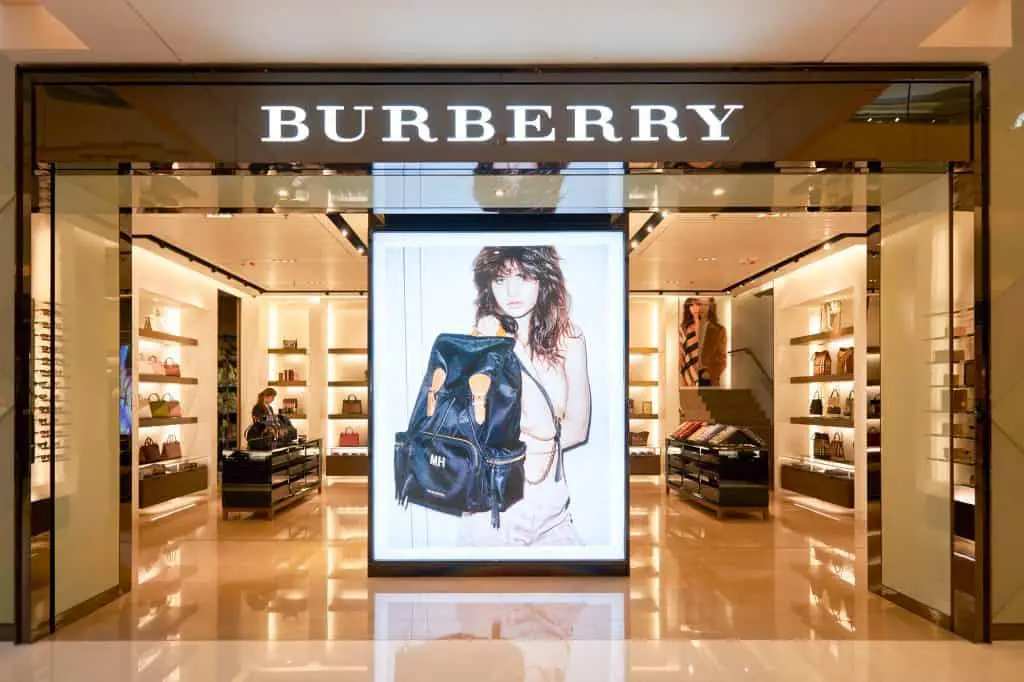
One other brand that chose to turn into a more environmentally conscious brand is Burberry. After a backlash the brand suffered regarding burning the unsaleable products, it vouched to adopt other environment-friendly approaches regarding their burning policy and the materials they use.
It is indeed reported that the Burberry Foundation gave a considerable sum of money in 2017 to the Royal College of Art to establish a research group, with the sole task of coming up with healthy, sustainable material. It seems that the investment has paid off.
Later in 2018, CEO Marco Gobetti announced that the brand would ban using rabbit, fox, or mink fur.
Burberry is steadily moving towards having a cruelty-free existence that embraces the majority of the products they sell, whether clothes, fragrances, or eyewear. The more society demands a healthier lifestyle, the more notable brands like Burberry march towards achieving this.
3. Chanel

In December 2018, it became known that Chanel is yet another fashion house to ban fur and exotic skins. Its prime motive was to maintain the ethical standards they’ve pledged to follow. Their decision also came as a response to the claims and calls for a cruelty-free approach. It is indeed a victory to animal rights campaigns.
Following Coco Chanel’s death, Karl Lagerfeld has been named the creative director of the fashion house, who was the one to introduce using skins for luxurious designs.
However, since the fashion industry is making progress in textiles, there is barely any difference between faux fur and real fur. If you as a consumer and a fashion house like Chanel have a better alternative, why not use it for good?
With Chanel making this daring move, we can only expect other brands to follow its lead. Another triumph for animal-rights advocates!
4. Diane von Furstenberg
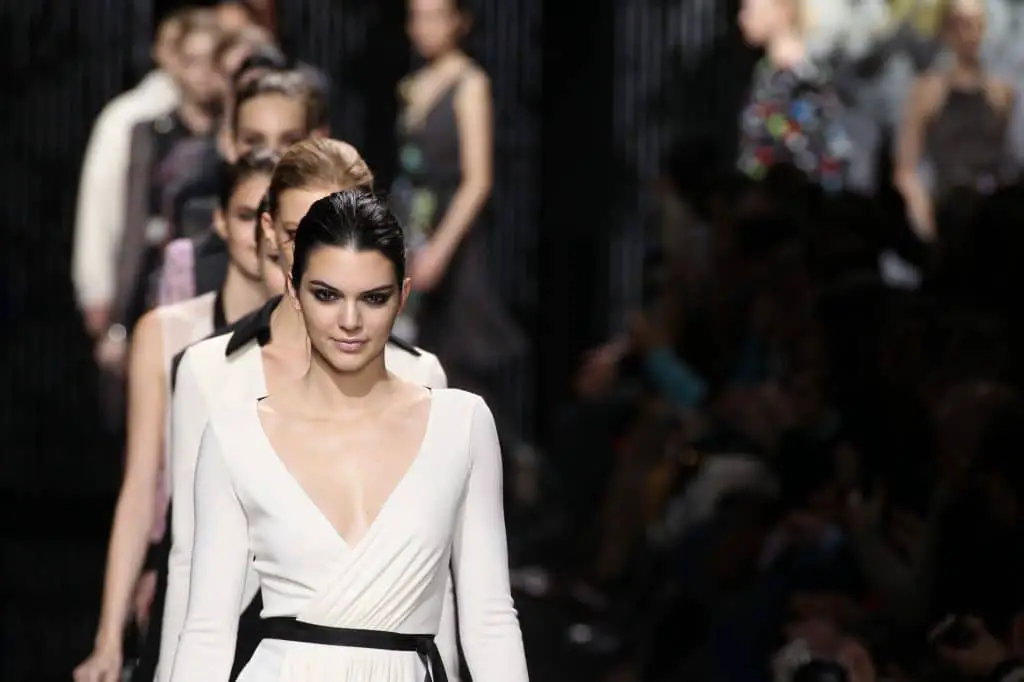
Another luxury designer taking the path towards making fur-free products is the New York-based designer Diane von Furstenberg.
It was a victorious moment for animal-rights organizations when Sandra Campos, the chief executive of the house, made a statement declaring it was about time the company shouldered the responsibility to make sure no animals are killed for fashion.
A shift to the ethical fashion industry is becoming achievable with brands like Diane von Furstenberg, Macy’s, Burberry, and Chanel, responding to organizations like PETA and The Humane Society of the United States. It’s only a matter of time until we witness more brands adopting similar policies.
What makes their decision more encouraging and inspiring is that Diane von Furstenberg stated that with technology at our hands, we can only think of the numerous healthy alternatives like faux fur, which won’t sacrifice the glamor of real fur.
5. Gucci
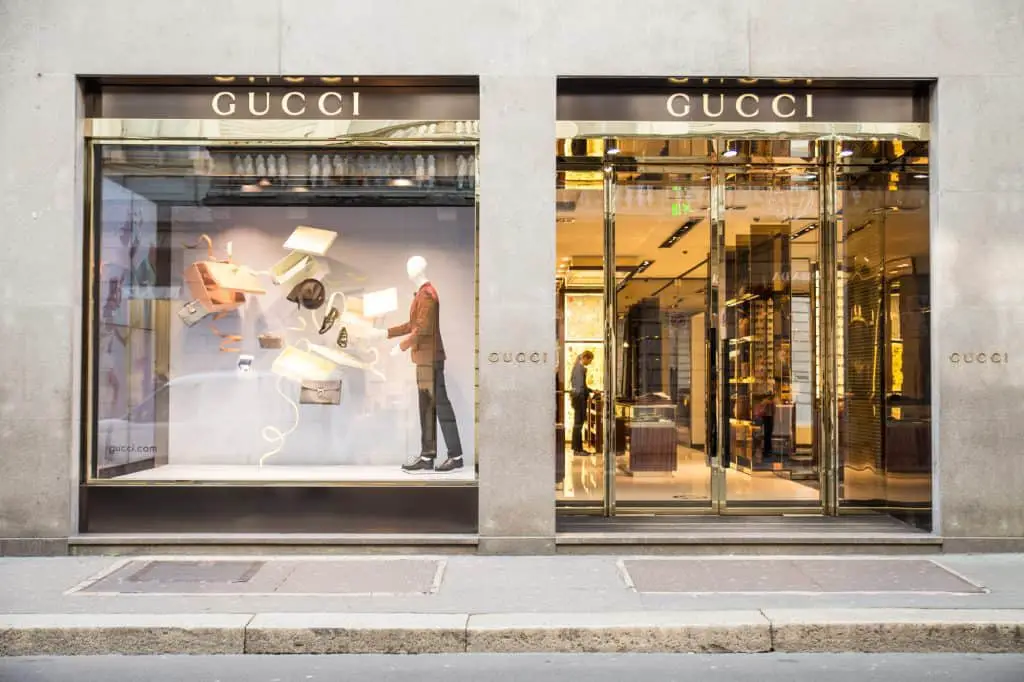
One reason why fur is still produced is that it largely appeals to a traditional sense of fashion and glamor. As a kid, you probably grew up seeing your favorite actresses wearing fur over their dresses, and you sure wanted to have one, right?
That’s precisely what Gucci CEO Marco Bizzarri realized before he made a statement mentioning that fur is “a little bit out-dated,” before he added that “Creativity can jump in many different directions instead of using furs.”
Bizzarri also added that their brand has always been socially responsible. To honor their history, it was crucial to ensure a better future for environments and animals.
Final Words
Peer pressure has always been associated with terrible decisions, but the case for a fur-free world is one case where peer pressure is a game-changer. The more major brands embrace cruelty-free policies and materials, the longer we keep our planet healthy, safe, and prosperous.






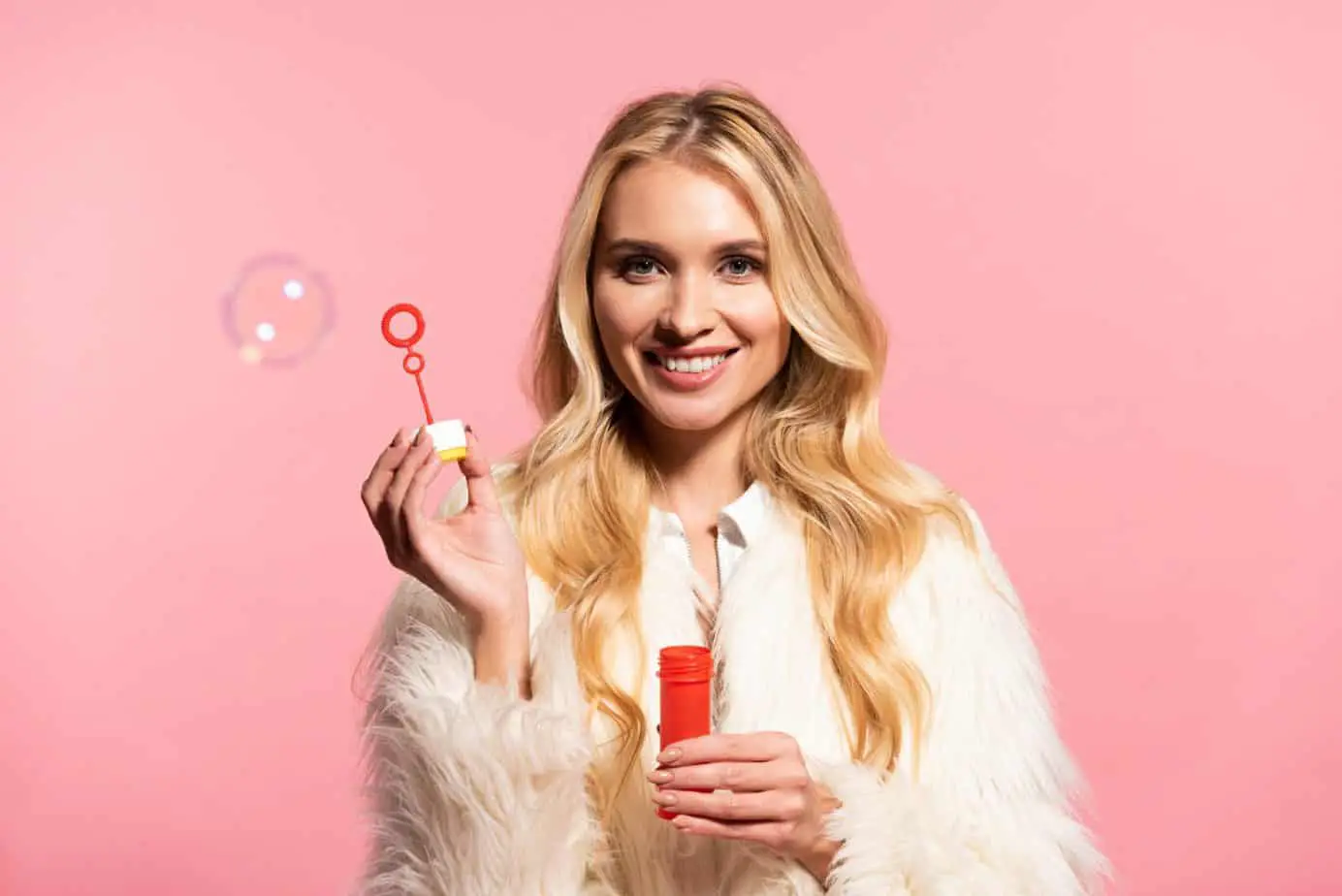

![[Company Profile] Will's Vegan Shoes: The Best Products They Offer 37 Will's Vegan Shoes](https://getvegan.com/wp-content/uploads/2021/10/wills-vegan-shoes-280x210.jpg)
![Everything You Need to Know About Vegan Shoes [Ultimate Guide] 40 vegan shoes guide](https://getvegan.com/wp-content/uploads/2021/07/vegan-shoes-280x210.jpg)
![[Company Profile] 15:21: The Best Products They Offer 43 15:21 Company Profile](https://getvegan.com/wp-content/uploads/2021/07/1521-store-1-280x210.jpg)
![[Company Profile] Matt & Nat: The Best Products They Offer 46 Matt and Nat](https://getvegan.com/wp-content/uploads/2021/04/matt-nat-280x210.jpeg)
Leave a Reply